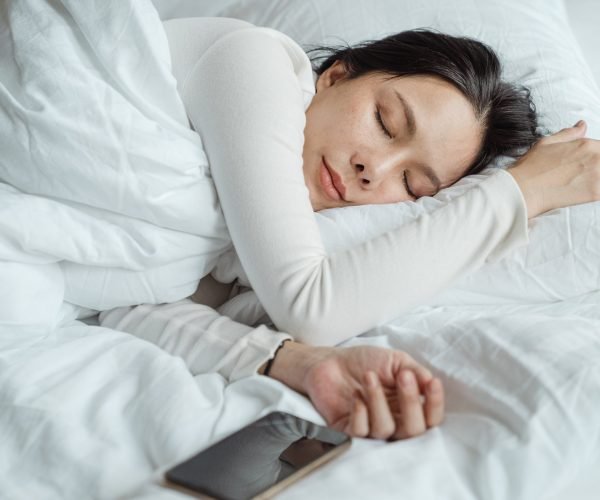
Sleep Hygiene
Sleep hygiene
Sleep Hygiene
Why Is Sleep Important
Sleep is the most important thing we do with our day; sleep is a process of healing where our body and brain undergo essential maintenance and repair. Inadequate sleep for prolonged periods of time will result in fatigue, impairment of focus and co-ordination, irrational thinking, lowered intellectual functioning, loss of muscle mass and weight gain. Prolonged poor sleep also increases your risk of health complications including cancer, heart attacks and developing a mental illness.
Routine and Consistency
To get the most from your sleep and improve your ability to get to sleep on time every night it is important to get to sleep and wake up at the same time every day including on weekends. You should aim for at least eight hours of sleep a night, the first 4 hours of your sleep is focused on healing your body and the remaining 4 hours is focused on healing your brain and consolidating the memories of the previous day.
Limiting Blue Light Exposure Before Bed
Most modern devices have options to limit or block blue light being emitted from screens, blue light stimulates sunlight and in response your brain releases hormones to keep you awake. It would be best to set your phone and other screen devices to night light mode once the sun goes down.
Downtime Before Bed
Before bed it is important to have some downtime to relax this could involve relaxing and watching a tv show or reading a book. Set aside at least half an hour before bed to relax your body.
Exercise During the Day
Exercise can improve your sleep duration and quality. Studies have found that physical exercise earlier in the day increases sleep duration and quality.
Limiting Caffeine, Nicotine and Alcohol Use Before Bed
Caffeine and other stimulants including nicotine encourage your body to metabolise more energy and keep you moving, this will not help you sleep and keep you awake, try to avoid caffeine consumption in the evenings. Also, alcohol makes it harder to fall sleep and reduces the quality of your sleep you receive, so it’s best to avoid alcohol in the hours before bed.
Other Helpful Options to Consider
Meditation, Journalling, learning about sleep cycles, the effects of anxiety and stress of sleep, the effects on depression and low mood on sleep.
RESOURCES
All of us at one stage in our life experience disturbed sleep patterns. The reasons for this can range from using technology in the bedroom, starting a family, shift work, stress and physical issues leading to sleep apnoea. In many cases, behavioural changes can radically improve sleep patterns.
For further support and assistance, please call the Psychealth Helpline, details below.
Phone: 1800 497 197 (AUS)/ 0800 466 400 (NZ)
Email: info@psychealth.com.au
For further information on sleep hygiene, visit https://www.sleepfoundation.org/about-us or https://www.sleephealthfoundation.org.au/